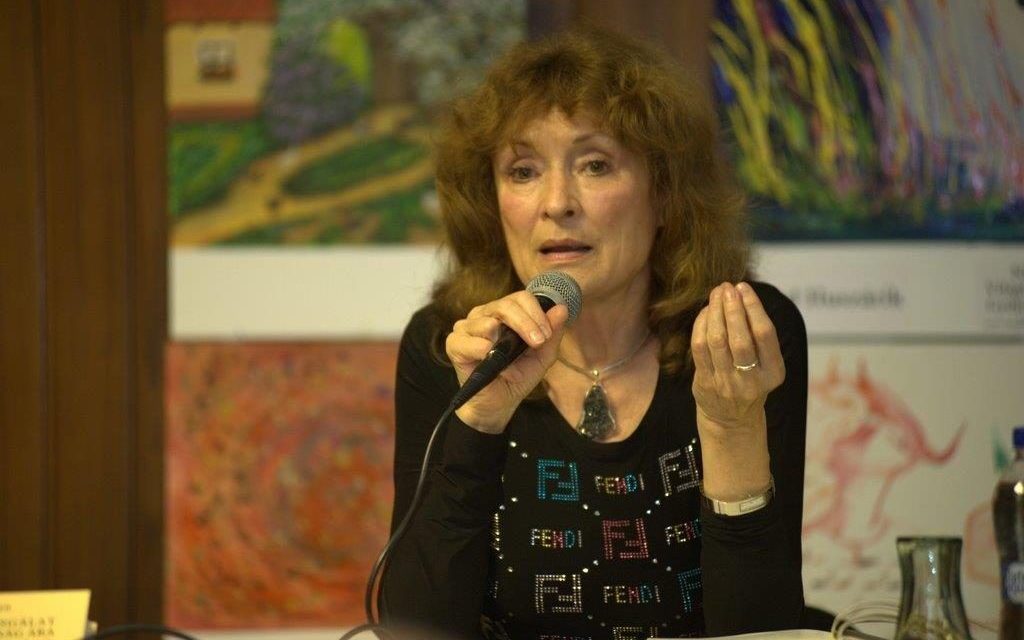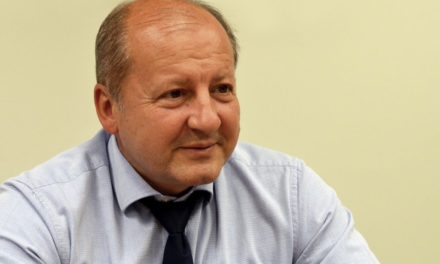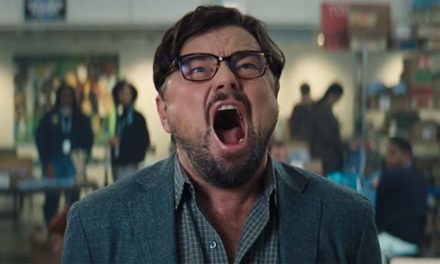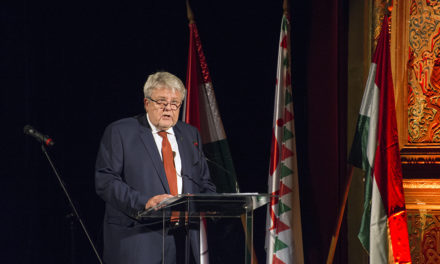Why should we go from here, from Hungary, which is considered peaceful, to the danger? For adventure? Written by Katalin Kondor.
Yes, we're on vacation, and we're still at home. Not only because the daily reports in the news say that it is slowly becoming impossible to move in the big cities of Western Europe, from Venice to Madrid, but also because there are also non-stop reports that security is disappearing in Europe. (Also!)
This is precisely why I have no desire to leave Hungary, which is considered to be peaceful, not least because the news is pouring in about the increasing number of violent demonstrations beyond our borders, who are protesting for this and who for that, "thanks" to the political forces conspiring to subvert the world.
Today, Europe is at a point where, for example, the graduation ceremony had to be canceled in Berlin due to the anti-Israel riots, but they also riot and vandalize the universities, for one reason or another.
Muslims are attacking Jews, many of them are putting swastikas on themselves, and historical monuments are not safe either. Some analysts evaluate these actions as the fact that the migrants bring with them the cultural tensions of their home countries, and that is why they riot.
Indeed? And what do we have to do with this? - I ask.
Let these problems be solved by the migrant carers, who want to make us pay for the damage caused by the miscreants and their many other crimes. We can read about these incidents in the press every day, as well as, unfortunately, the fact that the war, which started because of the Ukrainian-Russian conflict, is increasingly threatening to go beyond the current borders.
Why should we go from here, from Hungary, which is considered peaceful, to the danger? For adventure?
One of my previous reading experiences, which was about the First World War, I remember, scandalized me because it informed us that at the time of the outbreak of the First World War, the Russian Tsar was vacationing with his family on the Danish coast.
Is the hiding place ready for the politicians who are at the forefront of war threats now, at a time when threats of war are becoming commonplace? Where can they hide in the event of a world war?
I think it is ready, since the late American Foreign Minister Kissinger also stated ten years ago that they have underground structures and food supplies for survival. All right. And then what? He no longer informed the readers of the German elite paper about this. Just as Macron forgot to inform us, EU citizens, where to hide, I wonder where he will hide during a possible nuclear war.
Well, back to the holiday! Just because of the facts discussed above, I have no desire to travel to the places of mass tourism, we stay, that is, we stayed here, in Hungary.
And we went for a few days to the beautiful and calm region of Őrség, officially known as Őrség. Where, on June 20th, in Nagykanizsa, at the railway station, the municipality and the Hortobágy Forced Labor Camp Association held a commemoration. I have experienced for years that the people of Řarvéděk do not forget history. This is thanks to some enthusiastic people who did not allow their sad history and stories to be forgotten.
And they decided to have it checked in almost every single settlement, even the smallest ones! - they erected a "memento" statue or cross commemorating the families dragged to forced labor camps, as well as a headstone commemorating the world wars. They are also very beautiful artistically. I think the region is unique in this respect.
This was the work of many people in recent years, let me mention here my former colleague, the foreign correspondent of Hungarian Radio, Zsuzsá Róka, who, as a person born locally, worked a lot to preserve the memory and is still working today.
These small memorials are heartbreakingly beautiful, and they also serve to make sure we don't forget. Because we have certainly forgotten a lot in the past decades.
Not so long ago, also during a historical anniversary, I asked my wider company if they knew how many people were arbitrarily dragged from the western border region between 1950 and 1952, without a judicial verdict, to the forced labor camps in Hortobágy. They didn't know about it. However, at the time, the common people also called the forced labor camp in Hortobágy Hungarian Siberia and the Hungarian Gulag. Allegedly, 1,185 people came there from the western edge of the border. because they thought differently. That was the explanation.
An age-old debate, a topic of conversation, is whether people, humanity, learn from historical experiences? I don't know the answer to that. Thinking with my brain today, I say, I find that he is not learning.
In any case, I will just write down a kind of answer, quoting from the festive speeches, namely the speech of the Nagykanizsa memorial day speaker, the mayor of the town, Péter Cseresnyés. "It is a shared responsibility to talk about the red plague, which is still here among us, it just appears in different colors. We must remember that history cannot repeat itself. But there are many who do not want to accept the lessons of history."
Unfortunately, the mayor was right.
We can experience every day not only that the pro-war politicians are getting louder, but also that humanity does not learn from historical experience. After all, how could any politician, for example, talk about nuclear war? Every little action helps to change this. Also erecting and caring for headstones and memorial sites.
Because actions always speak louder than words.
This has been proven by the headstones and crosses in őrvidék. The heartwarming benefits of vacation.













